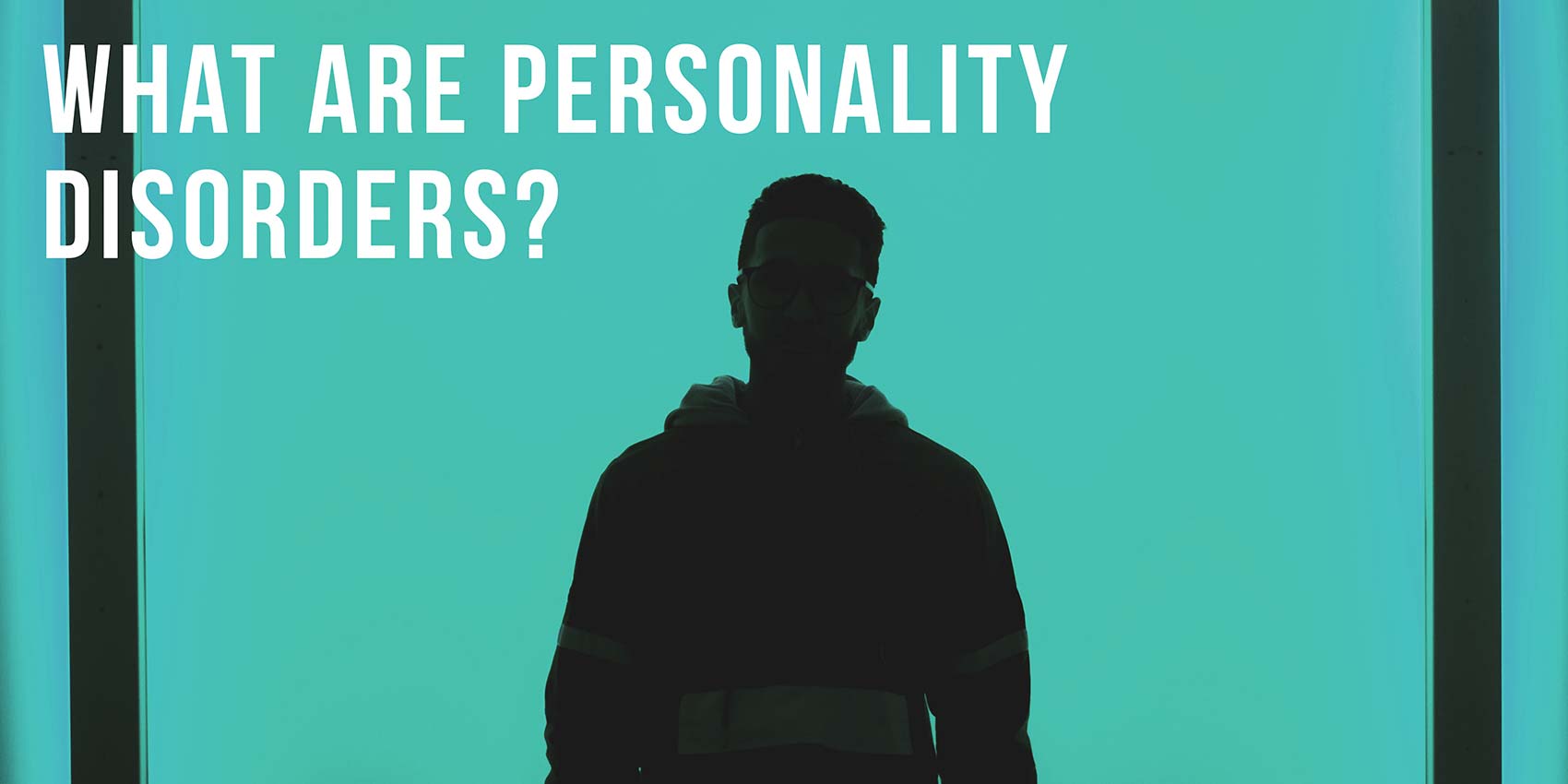27 Mar What are personality disorders?

Personality! We all have one…
Personality refers to an individual’s patterns of thought, emotion, and behavior that characterize the person in day-to-day living under normal situations. Personality is usually stable and predictable. When a person shows maladaptive and unpredictable (difficult to predict; unforeseeable) behaviors that interfere with his or her daily functioning in work, love or play, then a personality disorder may be at work.
Maladaptive versus adaptive recap…
Maladaptive behaviors are those that do not fit the situation at hand and may even make matters worse. When you need to make an adjustment to something, you can choose something positive (adaptive) or negative (maladaptive) to do so. For example, you don’t get picked for the varsity soccer team. So, you choose to take a baseball bat to the soccer posts set up in your back yard. Adaptive response or maladaptive response? If you can’t answer this question, check out maladaptive versus adaptive responses in our 3 Tips to Mental Health post.)
What’s the disorder part of personality disorder about?…
People with Personality Disorders “show deeply ingrained, inflexible, and maladaptive patterns of relating to and perceiving both the environment and themselves.” (Kaplan and Sadock’s Synopsis of Psychiatry, seventh edition, 1994. p. 731.)
What in the world does that mean?
It means that people with Personality Disorders hold very rigid (stubborn, not flexible) and strong beliefs about things (life events, issues, themselves). If you try to convince them of a different belief, they would argue with you. They are “my-way-or-the-highway” people to the extreme. Their beliefs are so strong and so inflexible that they can live lives of sadness or loneliness or anger. Or maybe they are just unaware of these patterns within themselves, but usually those around them are not.
For instance, a person with something called Narcissistic Personality Disorder rarely, if ever, considers other people’s feelings and lacks responsibility for things that go wrong. Therefore, if you told Mr. Narcissist that he needed to get himself some help, he would most certainly turn around and tell you that YOU really have the problem. (And in fact, he might be very good at making you think that you do have a problem!)
There are many Personality Disorders, so many in fact that you will find them in a Bonus YSS section if you want to learn about each.
How 2 help…
Overall, treatment with people who have Personality Disorders involves therapy but can be tricky. You see, a person with a Personality Disorder does not see himself as odd, frustrating, or dangerous to himself or society (except in the case of people with Obsessive Compulsive Personality Disorder). The defining characteristics of each disorder are actually part of the person’s personality (hence the name Personality Disorder) and therefore it is difficult to convince the person that anything is actually “wrong” with him or her. Many people with a Personality Disorder do not seek treatment despite family, friends and colleagues asking them to do so. When they do seek treatment it requires a serious time commitment because the issues involved in the disorder are issues of the self and hence, take a long time to work through.




Post Question:
Do you know anyone with a Personality Disorder? How does it affect you?
Answer the post question here
What's being said